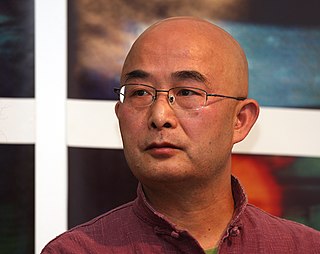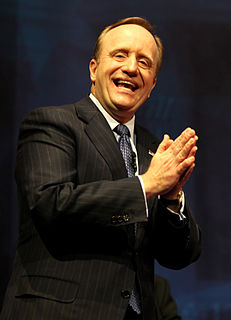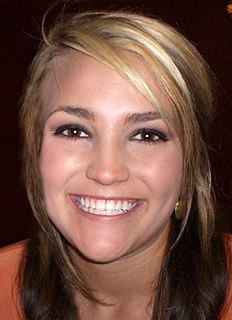A Quote by Liao Yiwu
To me the truth comes first and then the literature. We in China are dealing with a dictatorial system and we writers have to take a stance on it.
Related Quotes
According to the L.A. Times, Attorney General John Ashcroft wants to take "a harder stance" on the death penalty. What's a harder stance on the death penalty? We're already killing the guy? How do you take a harder stance on the death penalty? What, are you going to tickle him first? Give him itching powder? Put a thumbtack on the electric chair?
What is applicable is to understand that first of all China has undergone a huge revolution in the last years. Anyone who saw China as I did in 1971 - and for that matter even in 1979, because not much had changed between 1971 and 1979 - and sees China today, knows one is in a different economic system.
In our system, grand juries take every charge, every lie, and they try to sort the truth from the lies, and then they move forward into the system. And that's how the system ought to work. We should respect the secrecy of the grand jury so they can sort through what's true and what's not. And someone is leaking, and if they are leaking from the grand jury investigation, then that's a violation of the law.
I'm a part of the GOP and let me tell you what my stance is. My stance is that, we the people have the responsibility to take care of the indigent in our society. It's not the government's job. You can read the Constitution all you want, it never says that it is the government's job and I think where we've gotten confused.
I think our legal system needs to be developed. Cases of citizens who are detained and then have to wait much too long for a trial - that is scary, for everyone. When someone commits a crime he needs to be charged quickly. Why does this take so long in many cases? I don't know. Is it because our legal system is still rudimentary? China has promised to modernize its legal system. This has high priority.
We are lucky in the United States to have our liberal arts system. In most countries, if you go to university, you have to decide for all English literature or no literature, all philosophy or no philosophy. But we have a system that is one part general education and one part specialization. If your parents say you've got to major in computer science, you can do that. But you can also take general education courses in the humanities, and usually you have to.
As a form of moral insurance, at least, literature is much more dependable than a system of beliefs or a philosophical doctrine. Since there are no laws that can protect us from ourselves, no criminal code is capable of preventing a true crime against literature; though we can condemn the material suppression of literature - the persecution of writers, acts of censorship, the burning of books - we are powerless when it comes to its worst violation: that of not reading the books. For that crime, a person pays with his whole life; if the offender is a nation, it pays with its history.
I had a girls' writing retreat at my condo and a bunch of other female writers came down. Me and two other writers got there before everyone and they pitched this idea to me. At first I wasn't sure what direction it was going in, but then once they kind of explained to me what they were thinking, we wrote it.
Literature cannot develop between the categories "permitted"—"not permitted"—"this you can and that you can't." Literature that is not the air of its contemporary society, that dares not warn in time against threatening moral and social dangers, such literature does not deserve the name of literature; it is only a facade. Such literature loses the confidence of its own people, and its published works are used as waste paper instead of being read. -Letter to the Fourth National Congress of Soviet Writers
There is no extrahistorical or eternalist or abstractivistically pure standpoint where we can get oriented in the absolute Truth per se before dealing with the concrete lineaments of how we happen exist in this time and place. We are participants in a dynamic system and we know its profile only by its action in organizing how we interact together and how we see our own selves. "The truth is the whole," and the whole is a system of living energy: our life as human and historical spirits.



































